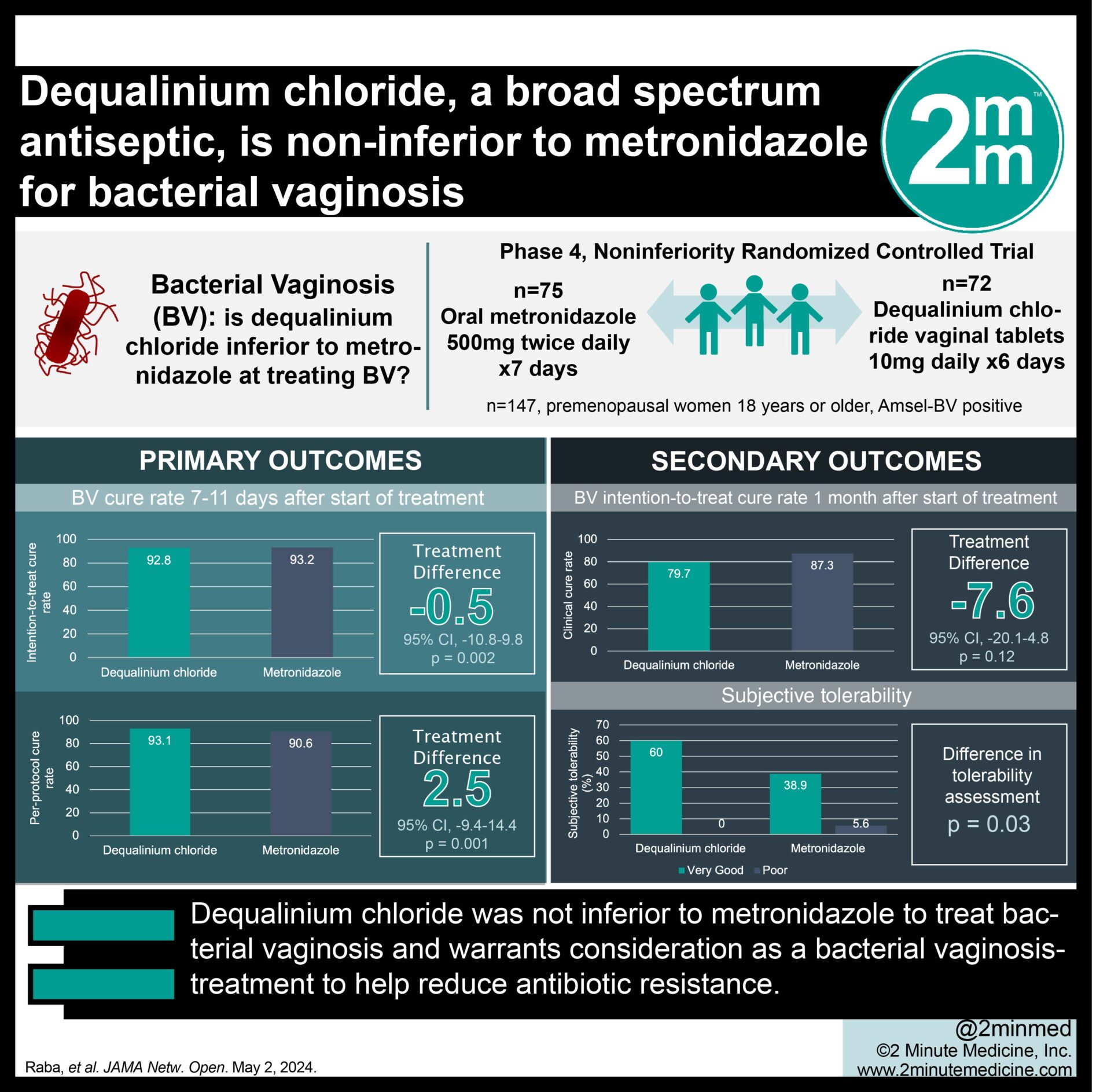The following is a summary of “Analysis of risk factors of preeclampsia in pregnant women with chronic hypertension and its impact on pregnancy outcomes,” published in the April 2024 issue of Obstetrics and Gynecology by Nie et al.
Investigating the risk factors and subsequent maternal and fetal outcomes of preeclampsia among pregnant women with primary chronic hypertension constitutes a crucial aspect of maternal-fetal medicine. This retrospective study, spanning from March 2015 to May 2022, involved 500 singleton pregnant women with a history of hypertension. Random sampling categorized participants into two groups: those unaffected by preeclampsia (non-occurrence group, n = 200) and those affected (occurrence group, n = 300). Extensive data encompassing general and pregnancy-related parameters were meticulously collected and compared. Univariate analysis revealed notable disparities between the two groups, particularly in the incidence of preeclampsia history, hypertension duration exceeding three years, systemic therapy, and gestational age at admission.
Subsequent multivariate analysis underscored the significance of specific risk factors for chronic hypertension complicated by preeclampsia during pregnancy. Notably, a history of preeclampsia, prolonged hypertension duration exceeding three years, and the absence of systemic antihypertensive treatment emerged as significant risk factors. Moreover, the occurrence of preeclampsia in pregnant women with chronic hypertension correlated with heightened incidences of maternal HELLP syndrome and fetal distress. These findings underscore the imperative for vigilant monitoring and proactive management strategies to mitigate adverse maternal and fetal outcomes in this high-risk population.
Source: bmcpregnancychildbirth.biomedcentral.com/articles/10.1186/s12884-024-06476-1



















